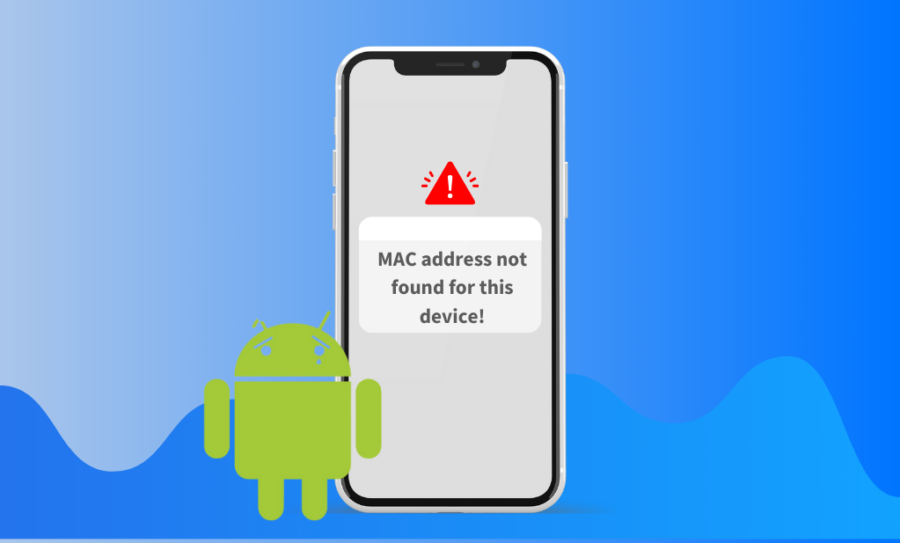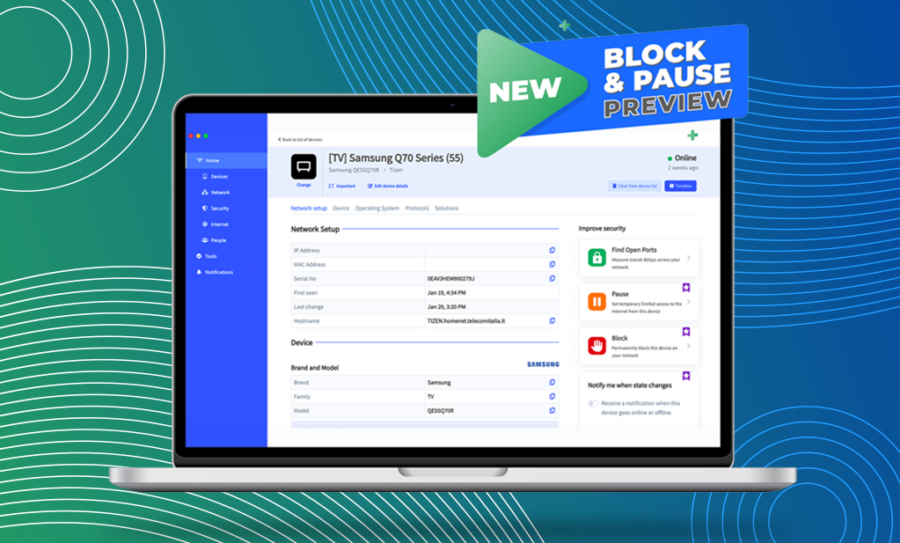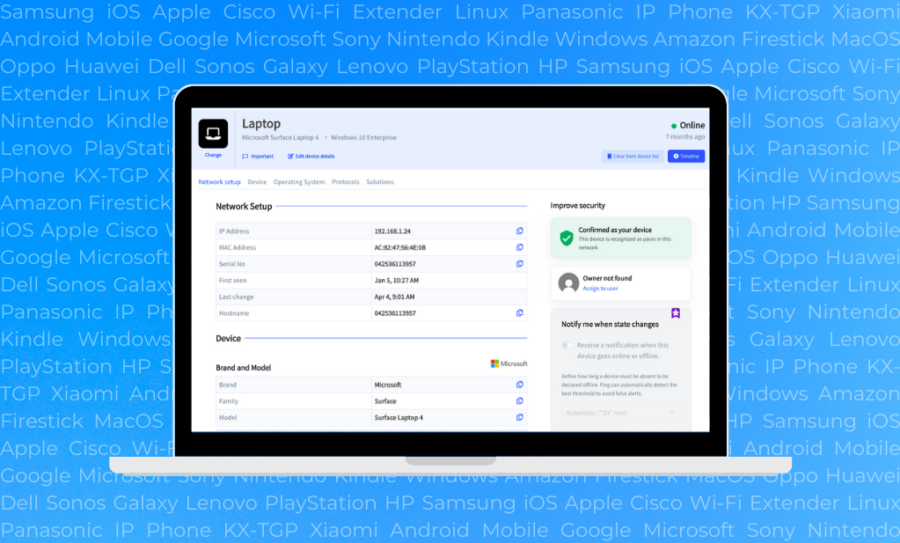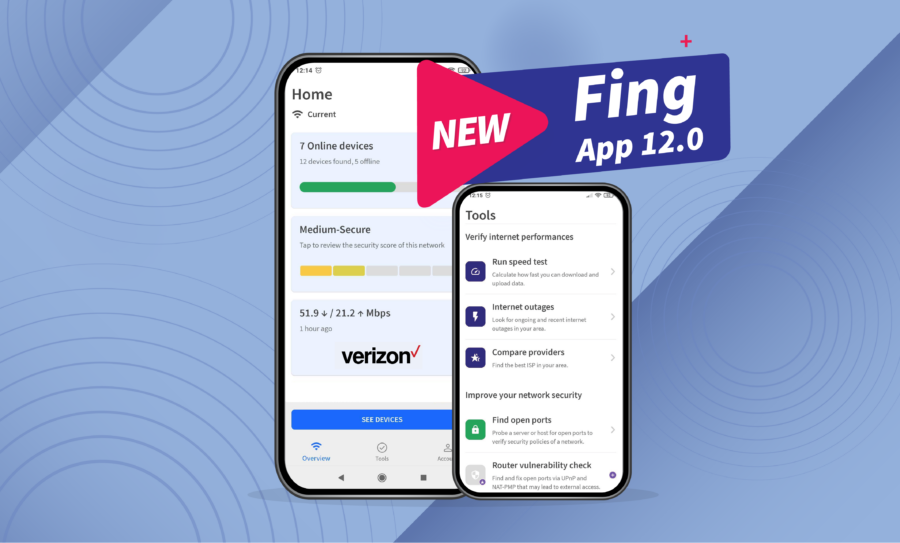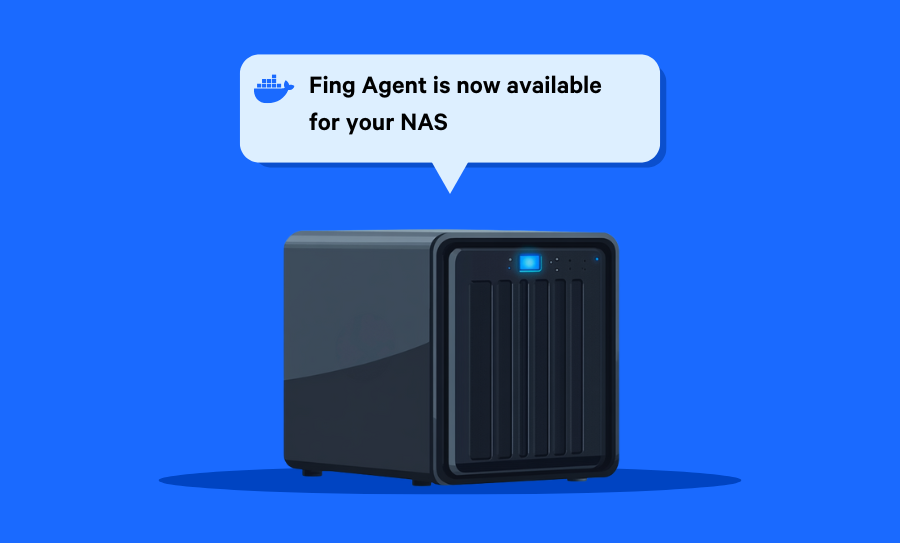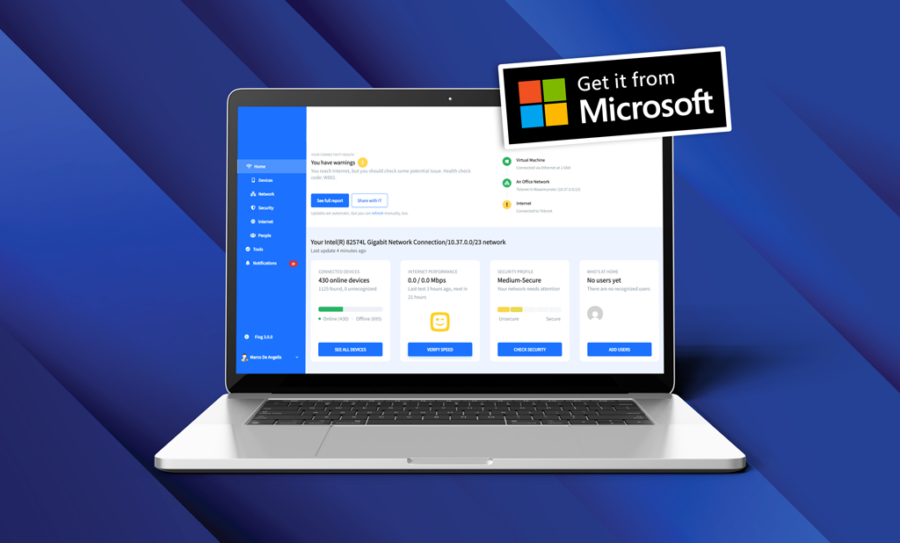Google’s recent changes to the Android operating system have impacted the functionality of many networking apps, including Fing. In particular, access to sensitive information such as MAC addresses is now prevented.
While these changes are intended to improve privacy and security on all Android devices, this approach may impact device recognition within network tools like Fing. And to continue providing a great experience for users, we must comply with the latest Play Store requirements.
We believe there is a middle ground where both user privacy and app functionality can coexist. Keep reading to learn more about how Fing App is affected and about alternative ways to read MAC addresses.
Impacts for Fing App users
From now forward, due to the restrictions imposed by Google, network scans initiated from the mobile app will be based on IP addresses instead of MAC addresses. Scans from Fing Desktop or Fingbox are not impacted.
If you’re an existing user, you’ll still have access to previously scanned MAC addresses, but you won’t be able to retrieve any new ones.
All of this will have a few consequences on network scans performed through your Android app. Here is what you can expect:
- You will keep seeing MAC addresses discovered prior to the update in existing networks. As long as you don’t refresh these networks, device recognition for devices that were already in the network won’t change, and you will be able to see their MAC addresses.
- If you refresh a past scan, you will lose all the MAC addresses discovered for that network. This is due to the limitation imposed by Google. Before refreshing, Fing will show you a pop-up informing you of the consequences, and you will have the chance to switch to IP Address recognition: this will preserve the MAC addresses already discovered but will identify new devices solely using their IP address.
- For newly scanned networks, Fing won’t be able to show the MAC address for all the devices. This may have a direct impact on the device recognition quality: you may find more generic data compared to previous results.
Alternative ways to get MAC address recognition
Due to these restrictions, Fing App may have limitations when it comes to device recognition and identification. However, there is still a way to get MAC addresses on your mobile app and improve device recognition again.
Unlike other network scanners, which are only available as a mobile app, Fing can link to a desktop app. Fing Desktop is not affected by any limitation and can access any data from all the devices in the network – including MAC addresses – with a high level of detail. This means that Fing Desktop gives you the best possible device recognition for free, and you can pair it with your Fing mobile app to share data. This way, you can retrieve MAC addresses from your Fing Desktop and automatically send them to your Fing App.
Not enough? Fing Desktop also includes advanced features such as device blocking, internet downtime scheduling, automated security checks, and internet speed tests. It is worth a try!
Together, we can make a difference – Join our petition
While we understand Google’s motivation to improve security and privacy, restricting networking apps is not the best way to achieve these goals. We believe there is a way to let user privacy and app functionality coexist. This is why we propose that Google revise its policy, allowing every user to give (or not) permissions to access these data – the same way Google handles location permission, for example. This way, the decision about how this data is utilized is up to each individual user.
We urge all of you who value digital freedom and personal choice in technology use to sign this petition and encourage Google towards more flexible policies that respect both our privacy rights and technological needs. We can make a difference, but we need your support.
